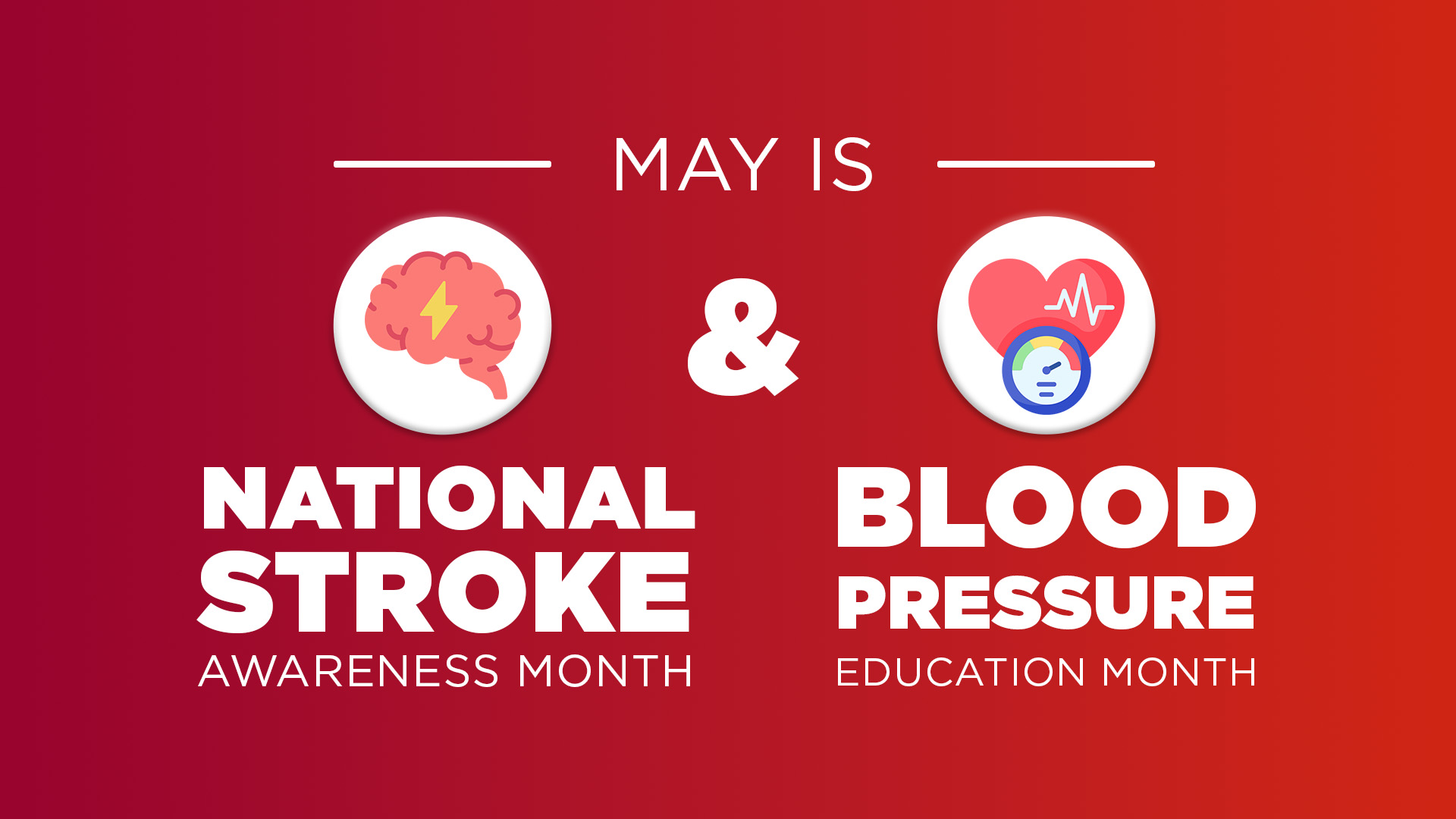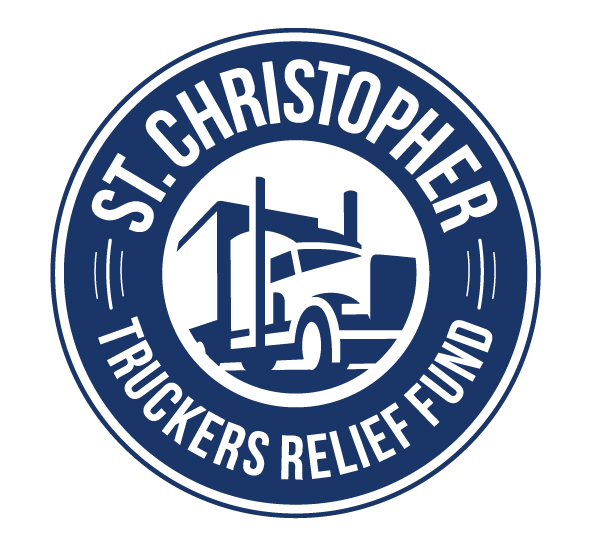
May is National Stroke Awareness Month and National Blood Pressure Education Month, and while May flew by quickly, the St. Christopher Fund is taking the time to reflect on vital information that every over-the-road driver should know. With long hours behind the wheel, irregular schedules, and unique challenges to healthy eating routines and consistent exercise, truck drivers face a wide variety of health challenges that can affect their health—particularly when it comes to stroke risk and high blood pressure.
High blood pressure is frequently called a “silent killer” because it often presents with no symptoms. A healthy blood pressure reading is typically below 120/80 mmHg. Any higher, and it means the heart is working harder than it should to pump blood, which increases the risk for chronic kidney disease, heart disease, and stroke. Extended periods of sitting, irregular meals and foods higher in sodium, as well as stress and lack of sleep—challenges that OTR drivers know all too well—contribute to the risk of high blood pressure and other chronic conditions.
The St. Christopher Fund’s Driven to be Healthy programs aim to reduce a wide variety of health risks that OTR drivers face. Healthy Habits for the Long Haul, sponsored by Southern Recipe and OOIDA, is a virtual 12-week program that aims to address some of the most common causes of high blood pressure and other chronic health conditions. Drivers have the opportunity to meet in a small group setting with the St. Christopher Fund’s Health & Wellness Manager and Certified Lifestyle Coach, Lindsey Bryan, to explore topics like nutrition label reading, stress management, and the science of sleep.
As part of the program, OTR drivers receive a blood pressure cuff, as well as other tools to track progress over time. By making a habit of checking blood pressure regularly, drivers can proactively monitor their health and reduce future risks.
In addition to Healthy Habits for the Long Haul, the St. Christopher Fund also offers a free tobacco and nicotine cessation program, Rigs Without Cigs, which provides OTR drivers with an assortment of treatment options and ongoing support. Incentive prizes are provided at tobacco-free milestones by RoadPro. Tobacco and nicotine can contribute to high blood pressure, stroke risk, and many other health conditions. Thanks to sponsors OOIDA, Southern Recipe, Grinds, and Habitrol, and a partnership with Call-on-Doc, the St. Christopher Fund is able to offer a comprehensive program to help OTR drivers reduce their health risks long-term.
Drivers can take charge of their health and reduce health risks with small, sustainable changes. While it can be hard to know where to start, Lindsey Bryan recommends simply starting with regular blood pressure readings. Carry a portable blood pressure cuff or use machines found at pharmacies and truck stops. Regular monitoring helps to identify health risks early.
Next, check your nutrition labels. Convenient, pre-packaged snacks and meals often come with a high sodium content. By comparing a few nutrition labels in the grocery store or truck stop each week, you can make a big impact on sodium intake over time.
Lastly, don’t forget to make time to move. When you are on the go all the time, it can feel hard to find the time or energy to stay in motion once your truck is parked, but every minute counts. Stretching to release stress at the end of the day, making an extra couple of laps around your truck as part of your pre-trip inspection, and having a set of resistance bands available for convenient workouts can go a long way in reducing health risks when added to your routine.
While the goal of National Stroke Awareness and National Blood Pressure Education Month is to be proactive and reduce health risks, it is also important to know what to watch for in the event of a stroke—quick recognition and response are critical. The acronym BE FAST is designed to help identify the most common signs of a stroke and serve as a reminder that every minute matters when it comes to getting help:
- Balance: Sudden loss of balance or coordination
- Eyes: Trouble seeing out of one or both eyes
- Face: Facial drooping, uneven smile
- Arms: Arm weakness or numbness
- Speech: Slurred speech or difficulty speaking
- Time: Time to call 911 immediately
It is never too late for OTR truck drivers to commit to better health. The St. Christopher Fund welcomes you to visit our website at truckersfund.org/healthwellness/ or reach out to our Health & Wellness Manager, Lindsey Bryan, at health@truckersfund.org for more information or to register for any of the Driven to be Healthy programs.
